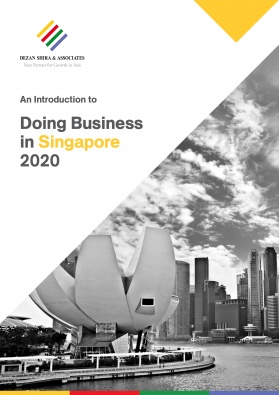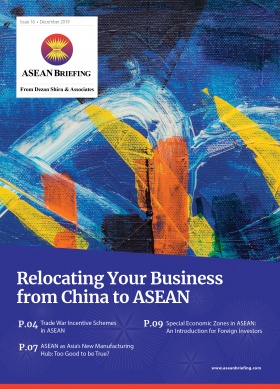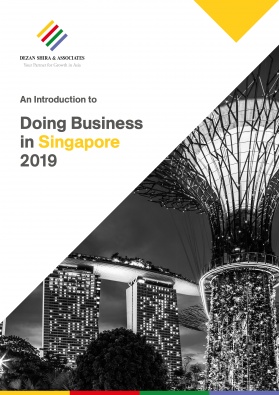Singapore’s Fintech Solidarity Grant: Eligibility and Incentives
- On May 13, 2020, Singapore introduced the MAS-SFA-AMTD FinTech Solidarity Grant to support Singapore-based fintech firms.
- The grant is divided into two categories, the Business Sustenance Grant (BCG) and the Business Growth Grant (BGG). These two programs aim to help mitigate the immediate cashflow problems of companies as well as foster their growth potential.
- To be eligible, companies will have to fall under certain categories set by the Singapore Fintech Association.
On May 13, 2020, the Monetary Authority of Singapore (MAS), the Singapore Fintech Association (SFA), and investment and internet banking firm AMTD Group and AMTD Foundation, established the MAS-SFA-AMTD FinTech Solidarity Grant to support Singapore-based fintech firms amid the challenging business climate caused by the pandemic.
The grant, valued at S$6 million (US$4.2 million), is divided into two categories: the Business Sustenance Grant (BCG) and the Business Growth Grant (BGG). These programs complement the S$125 million (US$88 million) support package to strengthen the country’s fintech sector issued in April 2020. Through these latest grants, eligible companies can receive financial support to cover working capital expenditures, funding for internships, as well as business grants.
Singapore’s strong regulatory framework, highly skilled workforce, and updated infrastructure has enabled the country to become the leader in total fintech investments (US$861 million in 2019) and consumer adoption in ASEAN and the fifth-biggest fintech market in the Asia Pacific region.Applications can be submitted from May 18, 2020, to December 31, 2021, on the SFA website.
Business sustenance grant
The BSG aims to support fintech companies with their immediate cashflow problems to save jobs.
Eligible firms can receive a one-time grant of up to S$20,000 (US$14,100) to cover for wages, rent, and daily capital expenditures.
The wage support covers up to S$2,000 (US$1,400) per month per local staff including directors for up to six months. Up to S$1,000 per month will be given for the salaries of interns for up to six months.
Additionally, up to S$4,000 (US$2,832) has been allocated to help rental costs for up to six months.
Business growth grant
The BGG aims to foster the growth of fintech companies in the country and enabling them to continue to innovate.
Eligible firms can receive up to S$40,000 (US$28,000) if they can show ‘proof of concept’ (POC) – demonstrating that their ideas are workable – on their first application to financial institutions on the API Exchange (APIX) platform.
APIX is the world’s first open-border, open-architecture application programing interface (API) platform, that serves as a marketplace for regulators, fintech entities, central banks, and financial institutions to cooperate and catalyze digital innovation and financial inclusion.
Firms can then receive S$10,000 (US$7,000) for second to fifth POC with a cap of S$80,000 (US$56,000) per firm.
Interns involved in the development and implementation of the POC can receive up to S$1,000 per month towards their salaries. This is capped at S$20,000 (US14,000) for firms with more than 30 staff and S$10,000 (US$7,000) for companies with 30 staff or less.How can fintech companies be eligible
To be eligible for the grants, the company must be registered and in operation in Singapore at least three months before applying for the grant.
The company must have at least two or more of its core activities in Singapore and the company should be an SFA member with a valid SFA fintech certification.
Other requirements
If a company receives the grant, there are several key performance indicators (KPI) that they will need to adhere to for at least 12 months. These are:
- The company must remain registered and operating in Singapore;
- The POC must be successfully completed through the APIX platform;
- Must not reduce employee numbers, however, if forced to, this should not be more than 20 percent of the total workforce; and
- Must be an SFA member with a valid SFA certificate throughout the period.
About Us
ASEAN Briefing is produced by Dezan Shira & Associates. The firm assists foreign investors throughout Asia and maintains offices throughout ASEAN, including in Singapore, Hanoi, Ho Chi Minh City and Jakarta. Please contact us at asia@dezshira.com or visit our website at www.dezshira.com
- Previous Article Singapore Launches Fortitude Budget: Salient Features
- Next Article Myanmar SMEs Receive Financial Support from Japan







